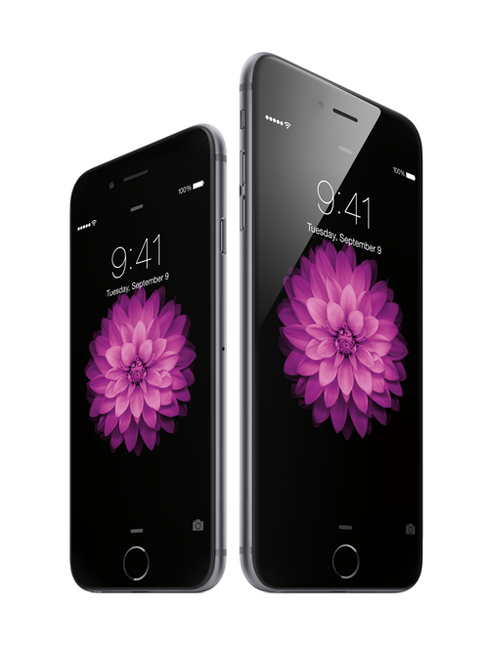CVS, Rite Aid Short-Sighted On Apple Pay
Both pharmacy chains pulled the plug on Apple Pay over the weekend, favoring a less consumer-friendly mobile payment alternative.


10 Elegant Product Designs, Not By Apple
10 Elegant Product Designs, Not By Apple (Click image for larger view and slideshow.)
Mobile payment services have so far been slow to find success. The reason? Too many fingers in the pie. Every entity involved wants a slice, and there's only so much to go around.
CVS and Rite Aid have decided to take the low road. Over the weekend the two pharmacy chains killed support for Apple Pay in their stores because they'd rather back a payment service they can control than one that benefits their customers. In other words, it's all about politics.
Apple Pay launched on October 20. It is available to the iPhone 6 and iPhone 6 Plus, which have the necessary NFC radio. Apple claims Apple Pay is available at 220,000 locations around the country, at dozens of retailers. According to Apple's website and press materials, neither CVS nor Rite Aid signed up for Apple Pay. However, because both have NFC terminals in their stores, some shoppers were able to make payments at CVS and Rite Aid with their iPhones for several days after Apple Pay went live. It wasn't long before CVS and Rite Aid caught on and stopped accepting payments via Apple Pay.
While Apple and CVS have yet to speak up, Rite Aid provided an official response: "We are continually evaluating various forms of mobile payment technologies, and are committed to offering convenient, reliable, and secure payment methods that meet the needs of our customers," said spokesperson Ashley Flowers to Businessweek. But Rite Aid's words ring hollow.
[For more on Apple's new mobile payment system, see Apple Pay: Where To Use It.]
CVS and Rite Aid belong to the Merchant Customer Exchange (MCX), an alternate mobile payment service that won't go live until sometime in 2015. The MCX's biggest backer is (guess who!) Walmart. The MCX is developing an app called CurrentC, which users will eventually be able to use to make payments at CVS and Rite Aid stores, along with about 50 other merchants.
There are several key differences between CurrentC and Apple Pay. CurrentC will require users to add a debit or credit card to their device. Payments are facilitated by scanning a QR code on the device screen, so to make a payment users will need to wake their devices, then find and launch the CurrentC app. Apple Pay, in contrast, is much easier and faster to use: It requires users to simply tap their iPhones on the payment terminal. You don't need to wake the iPhone before making a mobile payment.
The other difference is the how MCX approaches the back-end. Apple decided to work with MasterCard, Visa, and American Express, three of the largest payment networks. These payment networks, along with their bank issuer partners, each grab a small piece of each transaction whether consumers hand over their card or use Apple Pay. MCX wants to cut the card issuers out of the equation to save transaction fees. CurrentC will probably also allow merchants to snag customer data and enable loyalty programs and discounts. Apple Pay is entirely anonymous; merchants don't get any customer info during transactions.
Apple created Apple Pay to be as easy as possible for consumers to use. That's why it partnered with the three large payment networks. CurrentC is more about rewarding merchants than easing the payment process for consumers. Walmart is the country's largest retailer and clearly has the most to gain -- or lose -- in the turf wars with MasterCard and Visa. It's pretty easy to connect the dots.
Understandably, MasterCard says CVS and Rite Aid have made a mistake. "We think consumers should have the ability to pay any way they want,” said Ed McLaughlin, chief emerging payments officer at MasterCard, to the New York Times. "Rite Aid and CVS have been accepting contactless payments for quite a long time. Apple Pay is the most convenient, most secure, and what’s best for consumers. That’s what will win out in the end. We look forward to them turning the functionality back on in their stores."
The whole situation speaks to the complexities of mobile payments. Rival systems that benefit retailers over consumers are the very reason it's taken so long to get mobile payment solutions to market. The issue isn't technology -- it's politics and greed.
It doesn't matter whether your e-commerce D-Day is Black Friday, tax day, or some random Thursday when a post goes viral. Your websites need to be ready. Get the new Battle-Tested Websites issue of InformationWeek Tech Digest today. (Free registration required.)
About the Author
You May Also Like






